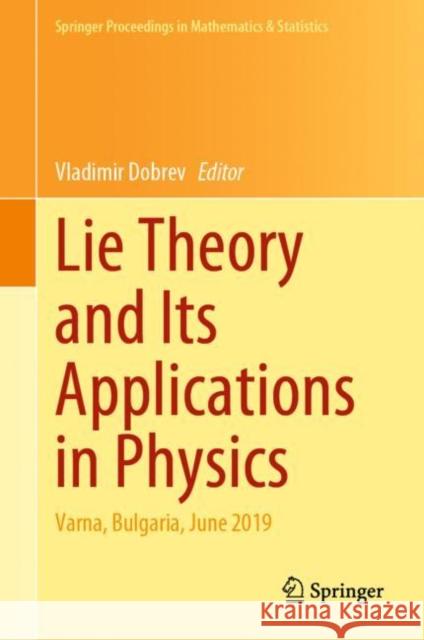Lie Theory and Its Applications in Physics: Varna, Bulgaria, June 2019 » książka
topmenu
Lie Theory and Its Applications in Physics: Varna, Bulgaria, June 2019
ISBN-13: 9789811577741 / Angielski / Twarda / 2020 / 552 str.
Lie Theory and Its Applications in Physics: Varna, Bulgaria, June 2019
ISBN-13: 9789811577741 / Angielski / Twarda / 2020 / 552 str.
cena 603,81
(netto: 575,06 VAT: 5%)
Najniższa cena z 30 dni: 578,30
(netto: 575,06 VAT: 5%)
Najniższa cena z 30 dni: 578,30
Termin realizacji zamówienia:
ok. 22 dni roboczych.
ok. 22 dni roboczych.
Darmowa dostawa!
Kategorie:
Kategorie BISAC:
Wydawca:
Springer
Seria wydawnicza:
Język:
Angielski
ISBN-13:
9789811577741
Rok wydania:
2020
Wydanie:
2020
Numer serii:
000447439
Ilość stron:
552
Waga:
1.03 kg
Wymiary:
23.88 x 19.3 x 3.05
Oprawa:
Twarda
Wolumenów:
01











